
Early Modern English was spoken from the late 15th century to the mid-17th century. It is the language of Shakespeare and the King James Bible. During this time, many phrases were coined that we still use today. Here are some examples:
1. A fool's paradise

This phrase means a state of happiness based on a false or unrealistic expectation. It was first used by John Donne in his poem "The Apparition" in the early 17th century.
2. To give the devil his due

This phrase means to give credit where credit is due, even if you don't like the person. It was first used by Shakespeare in "Henry IV, Part 1" in the late 16th century.
3. To be in a pickle
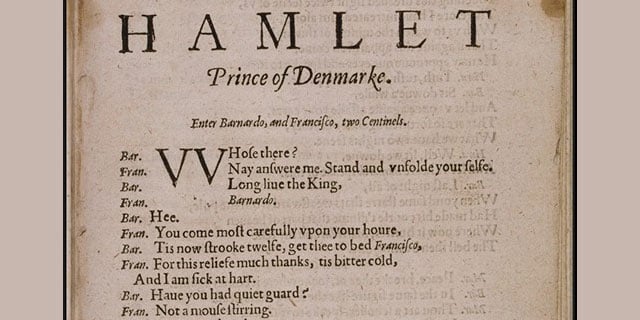
This phrase means to be in a difficult situation. It was first used by Shakespeare in "The Tempest" in the early 17th century.
4. To be at loggerheads
This phrase means to be in a state of disagreement or conflict. It was first used by Shakespeare in "The Taming of the Shrew" in the late 16th century.
5. To have a finger in the pie
This phrase means to have an involvement in something. It was first used by Shakespeare in "King John" in the late 16th century.
6. To make a mountain out of a molehill
This phrase means to exaggerate a small problem. It was first used by John Foxe in his book "Actes and Monuments" in the mid-16th century.
7. To play fast and loose

This phrase means to behave in a deceitful or unreliable way. It was first used by Shakespeare in "King John" in the late 16th century.
8. To wear one's heart on one's sleeve
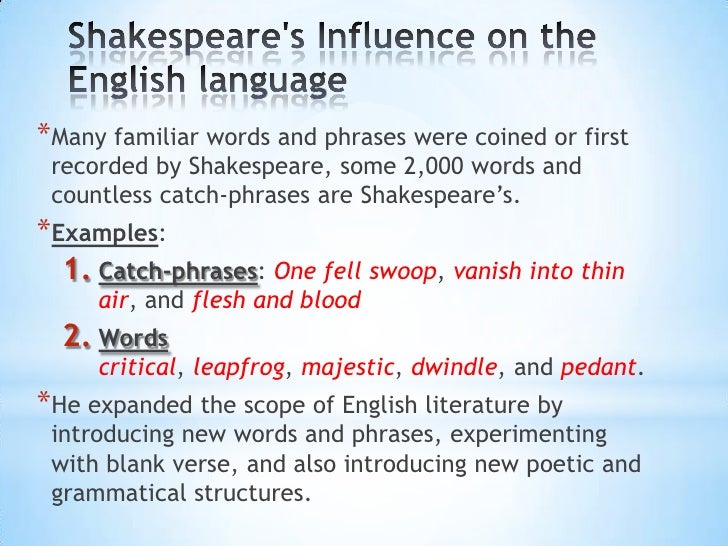
This phrase means to show one's emotions openly. It was first used by Shakespeare in "Othello" in the early 17th century.
9. To have a screw loose

This phrase means to be mentally unstable. It was first used by John Fletcher in his play "The Island Princess" in the early 17th century.
10. To be all ears
This phrase means to be fully attentive and listening carefully. It was first used by Shakespeare in "The Merchant of Venice" in the late 16th century.
11. To be at one's wits' end
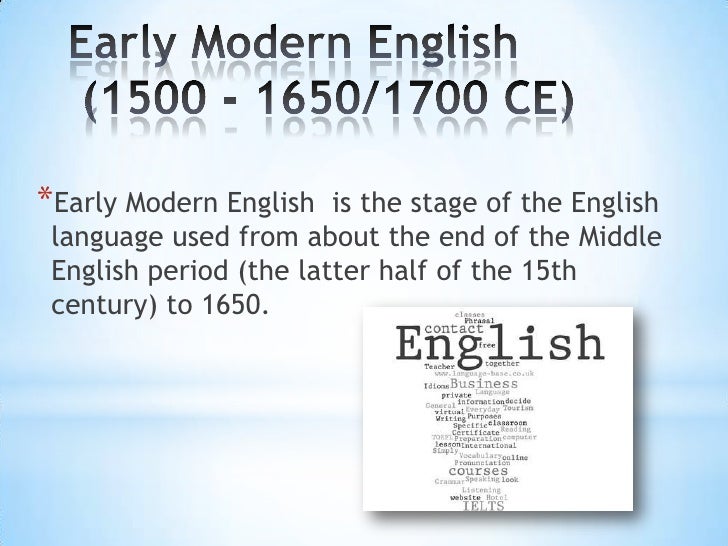
This phrase means to be at a loss as to what to do. It was first used by Shakespeare in "The Two Gentlemen of Verona" in the late 16th century.
12. To be in the same boat
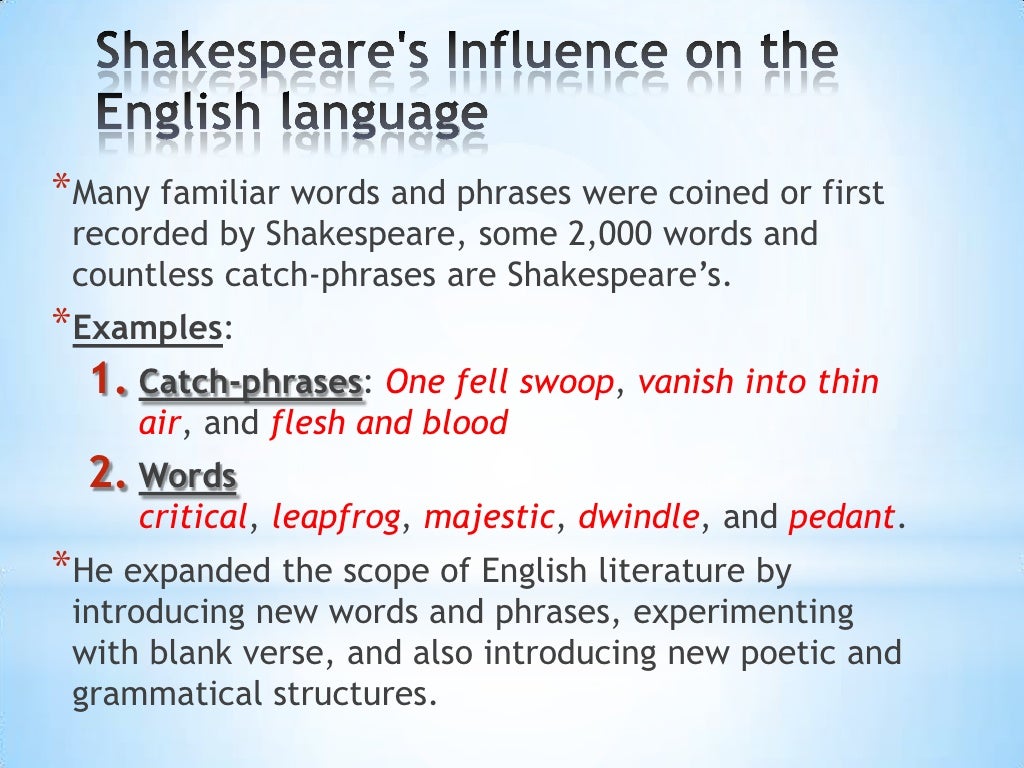
This phrase means to be in the same difficult situation as someone else. It was first used by John Heywood in his book "Proverbs" in the mid-16th century.
13. To let the cat out of the bag

This phrase means to reveal a secret. It was first used by John Heywood in his book "Proverbs" in the mid-16th century.
14. To give the game away

This phrase means to reveal something that was supposed to be kept secret. It was first used by Shakespeare in "Antony and Cleopatra" in the early 17th century.
15. To be a laughing stock

This phrase means to be ridiculed or made fun of. It was first used by Shakespeare in "The Merry Wives of Windsor" in the late 16th century.
16. To be in stitches

This phrase means to be laughing very hard. It was first used by Shakespeare in "Twelfth Night" in the early 17th century.
17. To make one's hair stand on end
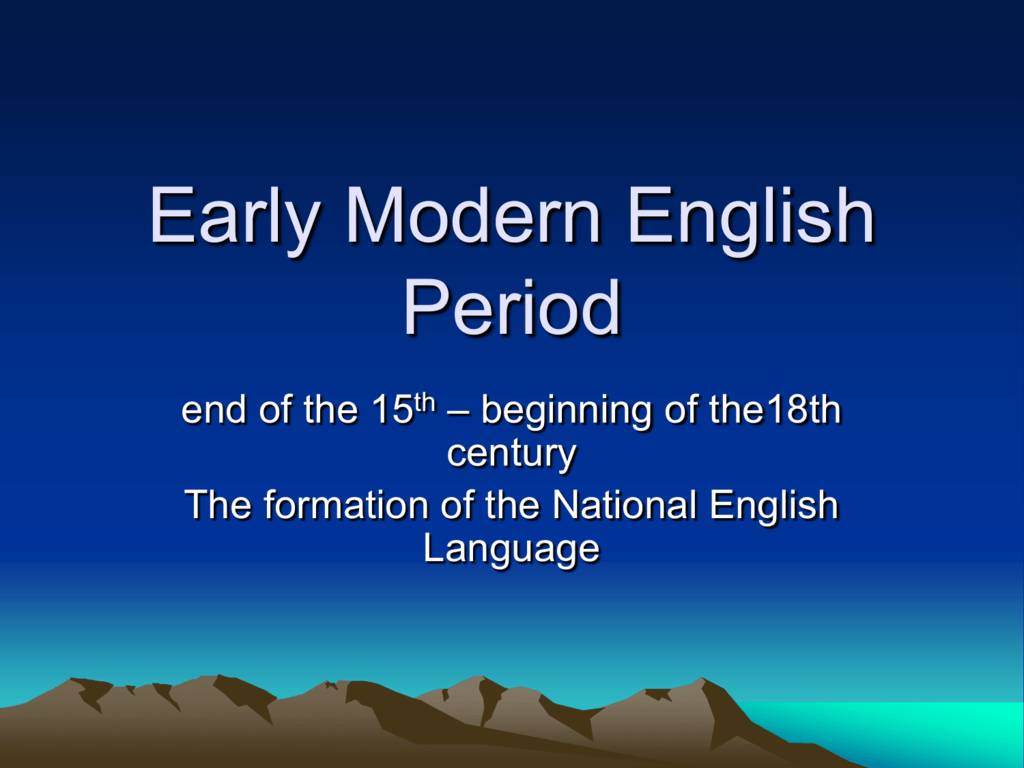
This phrase means to frighten someone very much. It was first used by Shakespeare in "Hamlet" in the early 17th century.
18. To break the ice
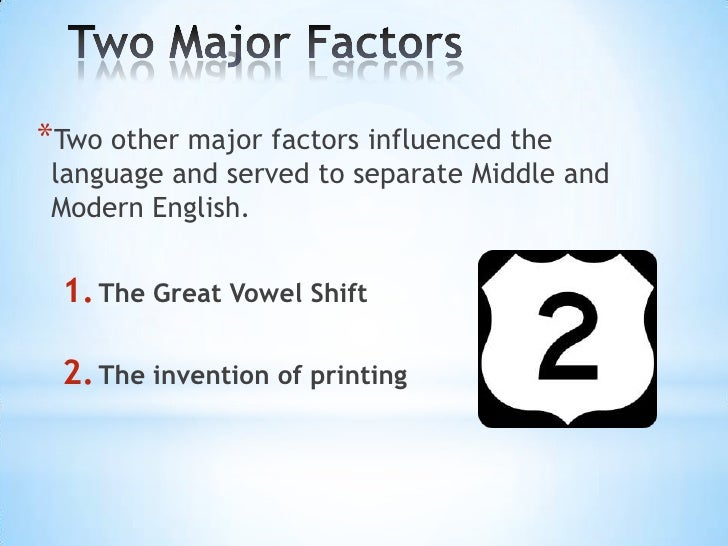
This phrase means to do something to make people feel more comfortable in a social situation. It was first used by Thomas North in his translation of "Plutarch's Lives" in the mid-16th century.
19. To make a virtue of necessity
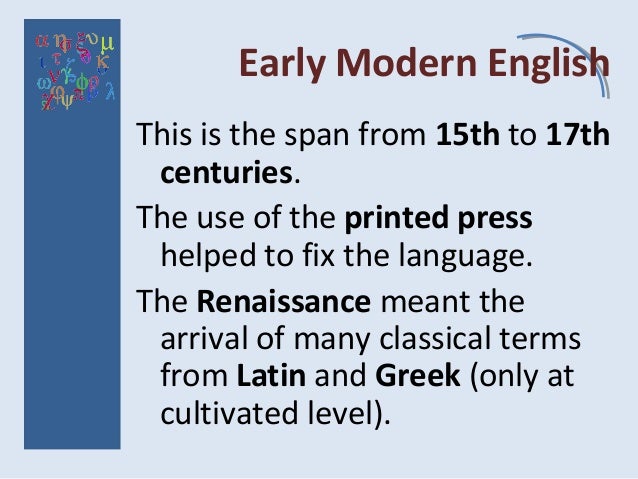
This phrase means to find a good aspect in a difficult or unpleasant situation. It was first used by Shakespeare in "The Two Gentlemen of Verona" in the late 16th century.
20. To go the extra mile
This phrase means to make an extra effort. It was first used by Jesus in the Bible in the early 17th century.